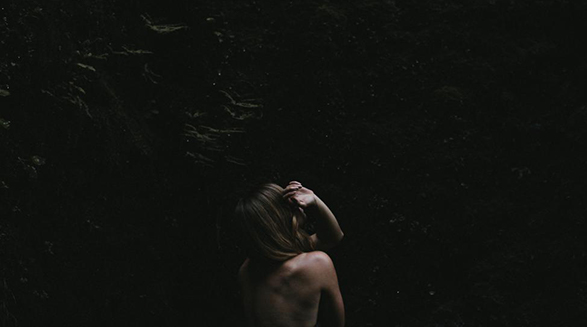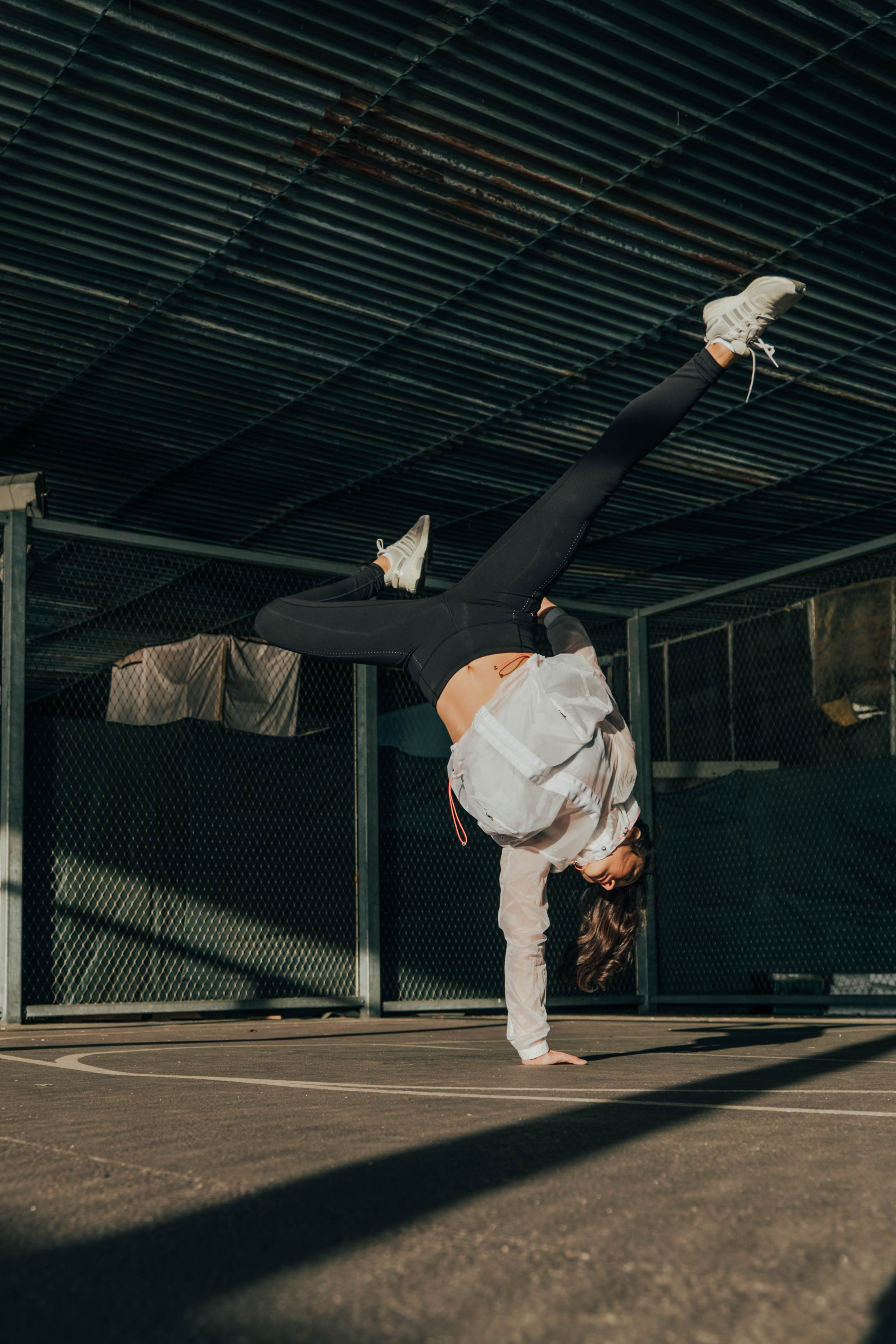Lauren Rose on living with anxiety and agoraphobia
If you had told me at the age of 22 that I’d spend the next three years incredibly anxious and housebound, I wouldn’t have believed you.
My issues with anxiety seemed to come completely out of left field – one day I was a normal twenty-something; enjoying life, working part-time and travelling abroad multiple times a year, and then a few short months later I was too afraid to leave my house.
What happened?
I started having panic attacks. My first one was not triggered by anything in particular; I didn’t even know what was happening to me when it occurred. I was at work and suddenly I felt faint. My heart started beating faster, and I thought I was going to be sick. I went to the bathroom, looked at my face in the mirror and I actually watched as the colour drained from my face. I figured I must have eaten something bad, so I wrote it off as no big deal. But the next day, it happened again. I felt so unwell all of a sudden, and so nervous because of the attacks. What was happening to me? Why did I keep feeling so faint and weird? Panic attacks are tricky things, and the more you fear them happening, the more they happen – that can start the vicious cycle of a panic disorder.
I would freak myself out so much at the idea of having another ‘attack’ that I’d have them daily, sometimes multiple times a day. I started to associate having panic attacks with leaving the house – as that was when I seemed to have them – so I figured the logical thing to do was to stop leaving the house. I didn’t realise at the time, but this was the beginnings of agoraphobia. Agoraphobia is a condition whereby the sufferer avoids being in places or situations where there appears to be no escape. For many, including myself, it leaves us unable to leave our ‘safe place’, which is usually our homes, or in more extreme cases, even one’s bedroom. Maybe you’ve seen agoraphobics depicted on TV or in movies, where the agoraphobic is perfectly OK inside, but then as soon as they open the front door, the world starts spinning. Unfortunately for sufferers, agoraphobia is a lot more than a bit of wonky vision.
I would wake up anxious. Before I’d even opened my eyes, the anxious thoughts in my head would be on loop. ‘What if this happens? What if that happens?’ I would think about going out that day, only to have the thought immediately shut down by both my physical and mental self. My hands would shake. My gut would churn. My mind would start visualising every possible bad outcome. You can’t go out, I’d think. You might panic. You might get sick. You might not be able to get home. You might embarrass yourself. And then I’d spend the rest of the day feeling resigned, failed, and trapped. Because that’s the problem with agoraphobia – you spend all of your time desperately trying to feel safe, and yet the more you isolate yourself, the more fearful you become.
“I would wake up anxious. Before I’d even opened my eyes, the anxious thoughts in my head would be on loop.”
After agoraphobia took hold, my life changed dramatically. I stopped working. I stopped going out. I missed going to birthday parties, I missed weddings, baby showers, holiday parties. I missed going on dates, I missed socialising with friends and family, I missed out on every single thing that happened beyond my front door. I said no to absolutely everything, because I was too scared of what might happen if I said yes. My anxiety became so bad in 2014 that I became too anxious to eat, too anxious to be awake, too anxious about any sensation in my body in case it meant something terrible. I was so afraid of the outside world that opening the door to my house seemed terrifying. The worst part was when people would tell me I just needed to calm down, or relax. Panic disorder and agoraphobia is irrational. Have you ever tried arguing with someone that cannot see logic? That’s what it is like having someone tell you to calm down during a panic attack. The body goes into fight or flight mode, a physiological response which sends adrenaline coursing through your bloodstream. It is survival mode at the most instinctual level. Agoraphobics know that their fear is irrational, but the body has already become trained to respond to the imagined threat.
In 2015, I gave birth to my daughter. The hardest part about it was getting myself to the hospital! After we brought her home, something changed in me. I knew I couldn’t continue living the way I had been. I didn’t want my daughter to grow up saying ‘Mummy is too scared to go outside’. I started to work on exposure sessions, which is where I would go outside and ‘expose’ myself to the fear, until I began to feel less afraid. At first I could only make it outside the front of my house. After a week I could walk a few houses away. After a couple of months, I was able to go to my first mothers group, which was a five minute drive from my house.
“Agoraphobia is an extremely difficult and uncomfortable disorder, but it isn’t a life sentence”
In the last year I have made huge progress with my agoraphobia – I was even able to spend Christmas away from home, with my family. In a lot of ways it has gotten much easier over time to face my fears, although I still have bad days. The most important thing that I’ve learned is to be consistent, because if I let myself believe that ‘I can’t’ enough, then I begin to struggle. The trick is to surround yourself with people who believe in you and support you, and to realise that it’s okay to be human. It’s perfectly okay to be afraid, but you cannot let that stop you from moving forward. Shutting yourself off from the world doesn’t keep you safe, it only keeps you locked inside your own fear.
If you are struggling with agoraphobia, be gentle with yourself. The idea of recovery may completely overwhelm you at first, but there is still progress in baby steps, just like there is in leaps and bounds – you just need to believe at some level that you are capable of much more than you give yourself credit for. Agoraphobia is an extremely difficult and uncomfortable disorder, but it isn’t a life sentence. You can and will recover.
Written by Lauren Rose
http://anxietymamma.com













